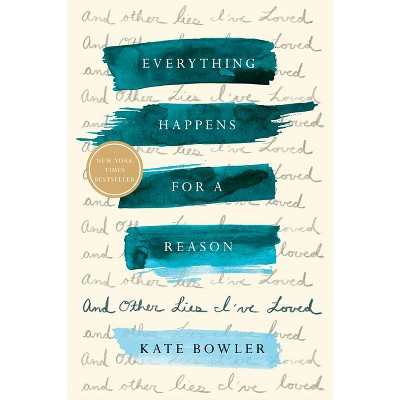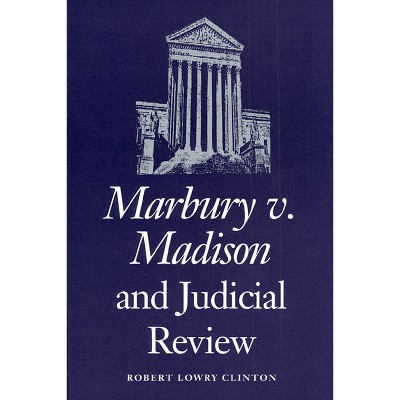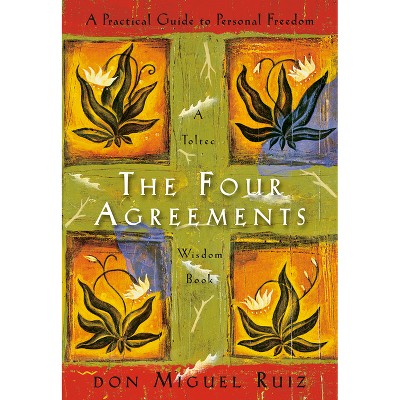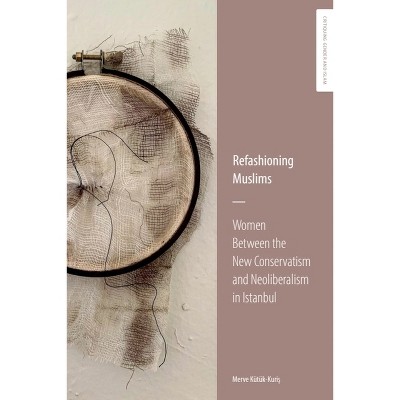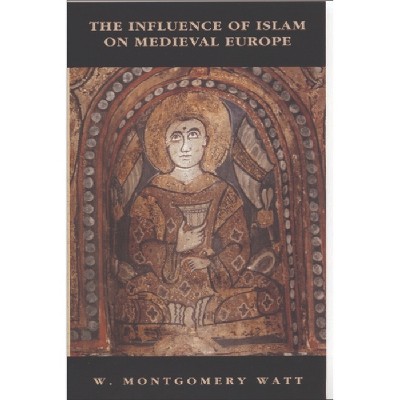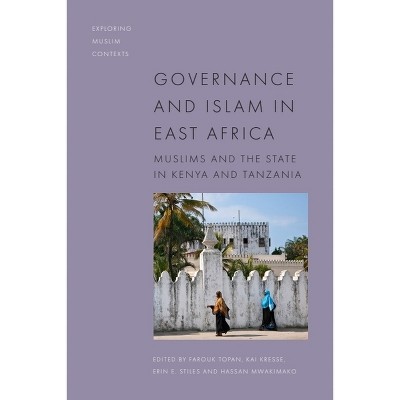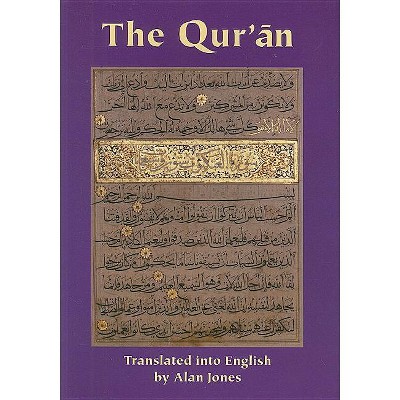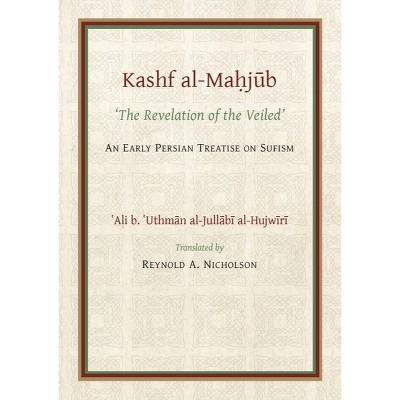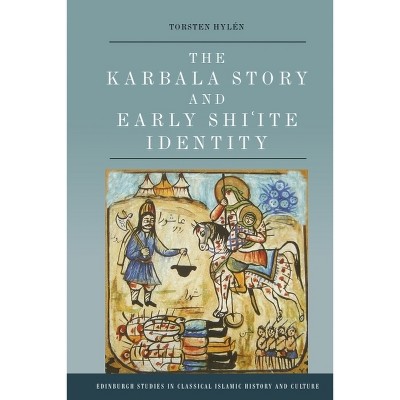Sponsored

Traces of the Prophets - (Advances in the Study of Islam) by Adam Bursi
Pre-order
Sponsored
About this item
Highlights
- Contributing to scholarship studying Islam alongside other late antique religions, Traces of the Prophets highlights how early Muslims deployed sacred objects and spaces to inscribe and dispute Islam's continuities with, and differences from, Judaism and Christianity.
- Author(s): Adam Bursi
- 280 Pages
- Religion + Beliefs, Islam
- Series Name: Advances in the Study of Islam
Description
About the Book
Contributing to scholarship studying Islam alongside other late antique religions, Traces of the Prophets highlights how early Muslims deployed sacred objects and spaces to inscribe and dispute Islam's continuities with, and differences from, Judaism and Christianity.
Book Synopsis
Contributing to scholarship studying Islam alongside other late antique religions, Traces of the Prophets highlights how early Muslims deployed sacred objects and spaces to inscribe and dispute Islam's continuities with, and differences from, Judaism and Christianity. The book argues that prophets' relics ritually and rhetorically shaped Muslim identities in the first centuries of Islam.
Traces of the Prophets rewrites the history of holy bodies and sacred spaces in the emergence of Islam. Rather than focusing on theological controversies among early Muslims, this book is grounded in the material objects and places that Muslims touched and 'thought with' in defining Islamic practice and belief. While often marginalized in modern scholarship, sacred relics and spaces stood at the disputed boundaries of emergent Islamic identities. Objects and spaces like Abraham's footprints in Mecca and Muhammad's tomb in Medina provided sites of shared Islamic ritual, as well as tools for differentiating Muslims from non-Muslims.
Review Quotes
Bursi's analyses...show him to be at home both with Arabic primary sources and with the new scholarship on early Islam. Bursi also writes about complex ideas in an accessible fashion, which makes the book usable both in graduate courses as well as advanced undergraduate courses.--Kambiz GhaneaBassiri, Carleton College "Journal of Near Eastern Studies"
Traces of the Prophets convincingly demonstrates that, since Islam's inception, Muslims managed to circumvent and manipulate the theological-ethical unlawfulness surrounding the veneration of prophetic figures' tombs and relics so as to allow for its practice...Furthermore, in addition to offering the richest body of references for anyone interested in the subject, the book's fresh historical perspective constitutes a robust springboard for future research.--Valérie Gonzalez "Material Religion"
This engagingly written study replaces stereotypes about Muslim iconoclasm and Christian saint-worship with an absorbing account of late antique debates over the significance of holy remains and the parameters of ritual engagement with them -- debates that crossed boundaries between elites and commoners, Sunnis and Shi'ites, and Muslims and non-Muslims.
--Marion H. Katz New York UniversityThis is an excellent book and will reward reading by all studying and researching early Islamic history.--Harry Munt, University of York "Bulletin of SOAS"
Well-researched and documented, yet enjoyably readable and thought-provoking.--Natana J. DeLong-Bas, Boston College "Islam and Christian-Muslim Relations"



